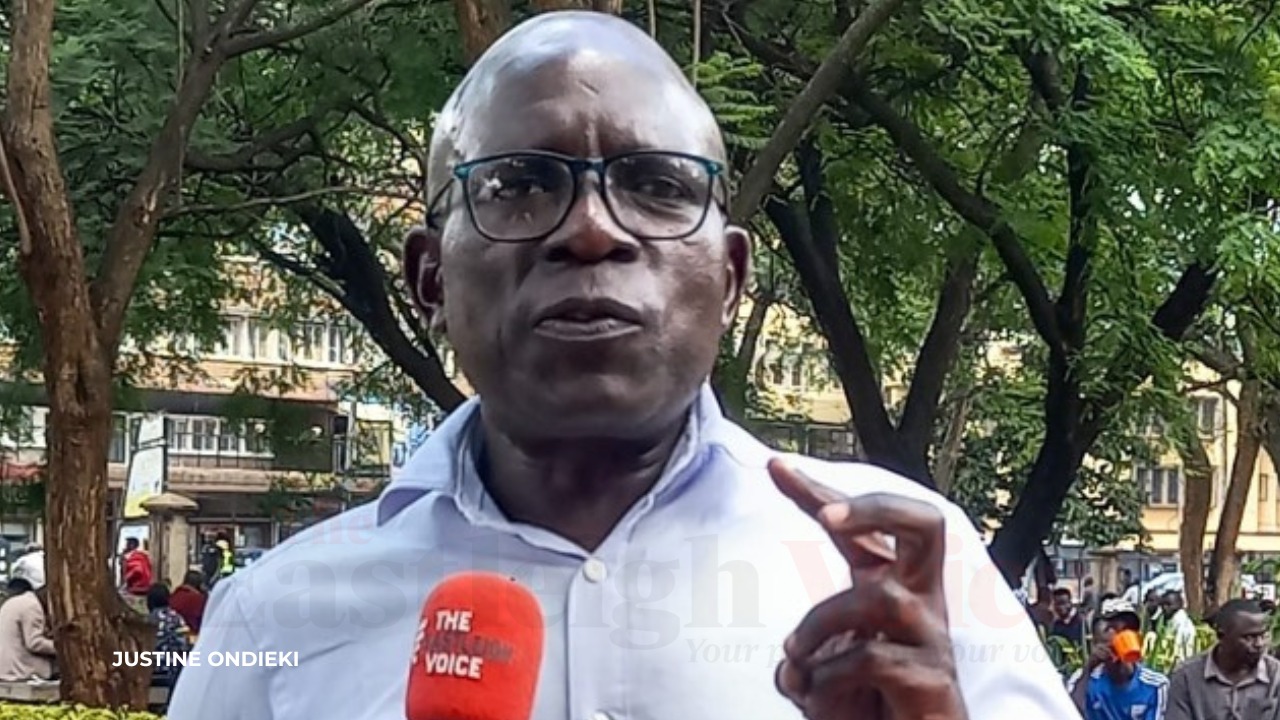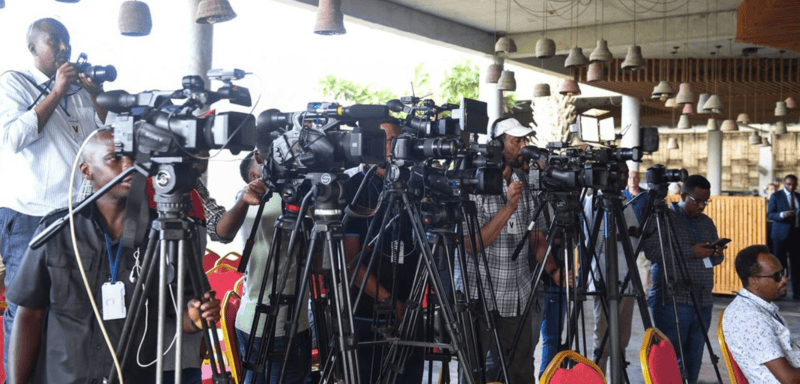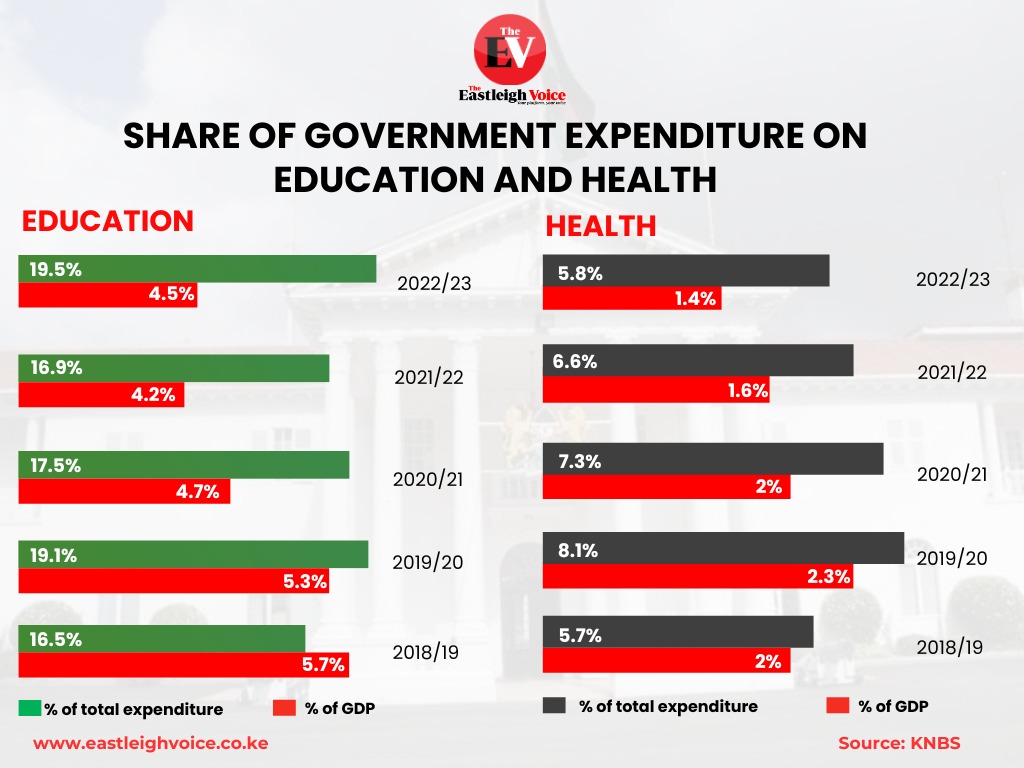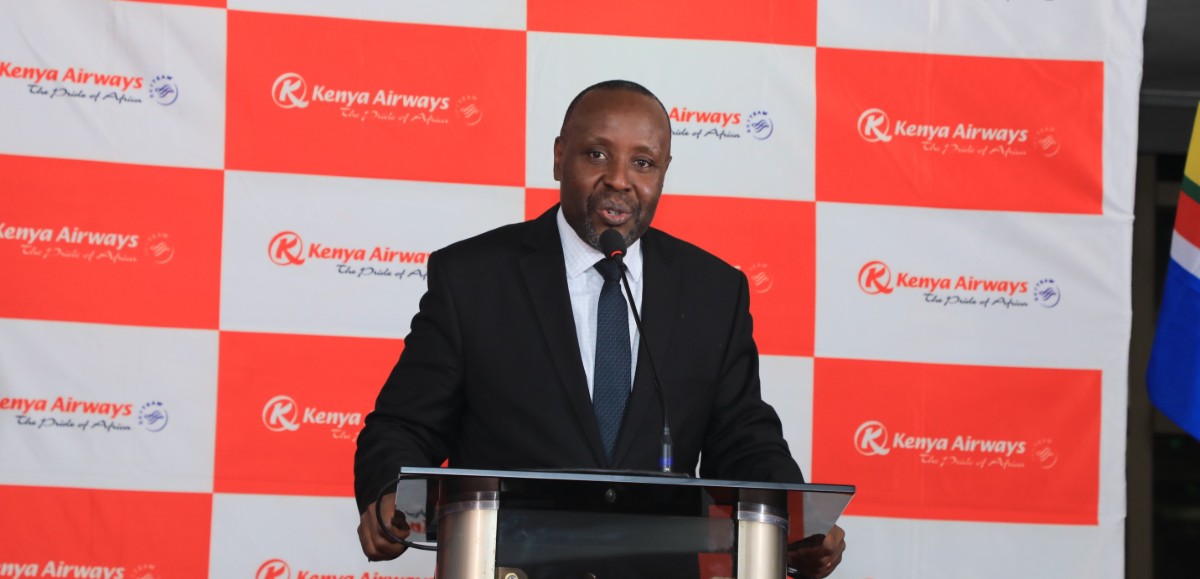Media stakeholders urge MPs to fast-track approval of new media code of conduct 2025
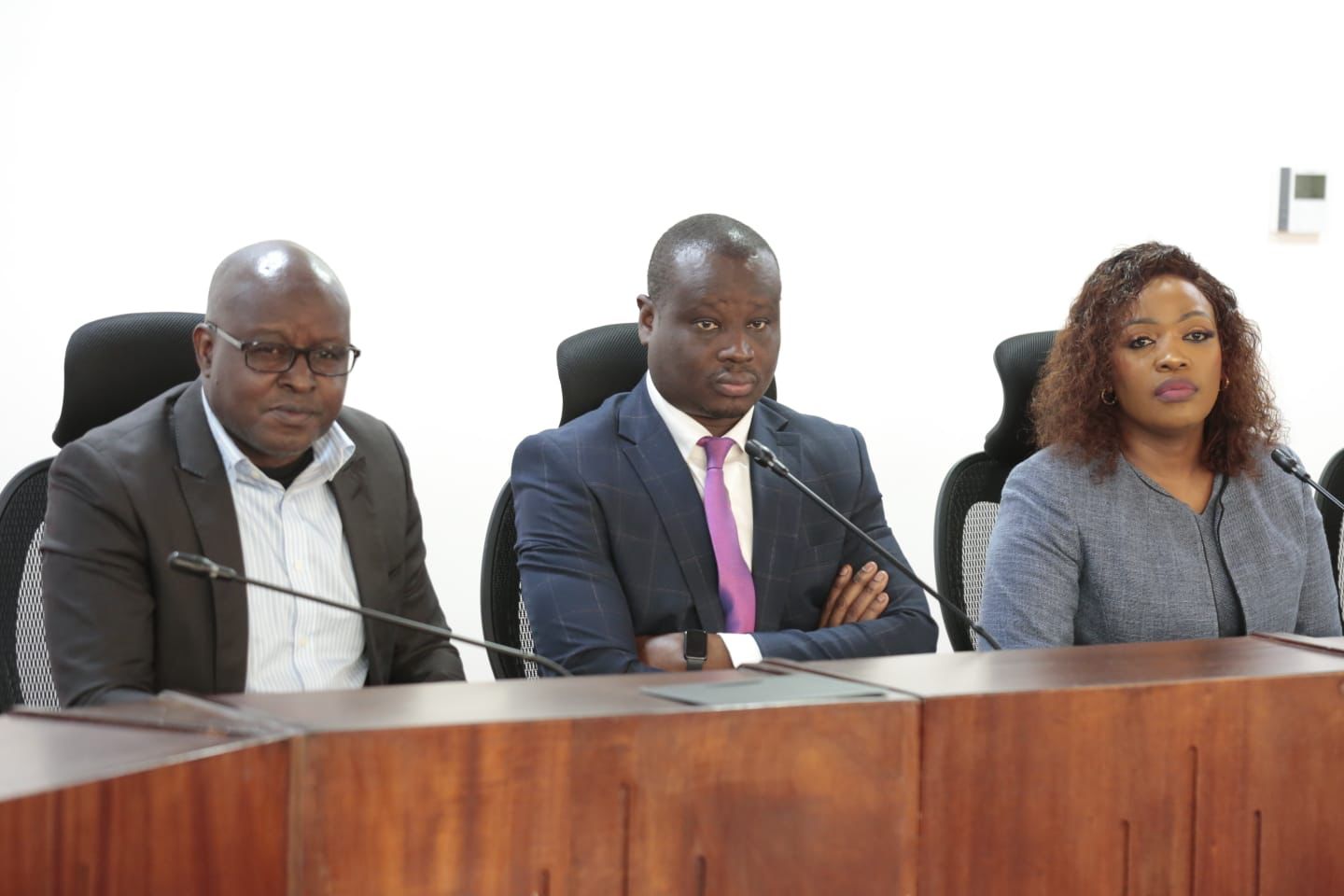
The stakeholders said the proposed code had undergone intensive public participation and received overwhelming support from practitioners.
Members of Parliament have been urged by media stakeholders to fast-track the approval of the new Code of Conduct for Media Practice, 2025, saying it is key to safeguarding ethical journalism and protecting public interest.
Appearing before the National Assembly Committee on Delegated Legislation, the stakeholders said the proposed code had undergone intensive public participation and received overwhelming support from practitioners.
More To Read
- Parliament urged to enforce two-thirds gender rule to boost women’s political representation
- EACC traces Sh22.9 billion, recovers Sh3.4 billion in fight against corruption
- Kabogo threatens to deny adverts to media critical of government
- Journalist Collins Kweyu released after night in custody
- Journalists injured while covering Gachagua's homecoming, equipment and vehicles destroyed by goons
- Governments and big tech threaten African media – book tracks the latest trends
In their submissions to the House, the Kenya Union of Journalists (KUJ), Kenya Editors Guild (KEG), Media Owners Association (MOA), Digital Broadcasters Association (DBA), Kenya Parliamentary Journalists Association (KPJA) and the Association of Media Women in Kenya (AMWIK) said the implementation of the new code would uphold both media freedom and public interest.
Kenya Union of Journalists Secretary General Erick Oduor said the new code is a critical tool for promoting responsible, ethical and professional journalism in Kenya.
“We note and affirm without reservation that the Code of Conduct for Media Practice, 2025 does not in any way limit, derogate or undermine the freedom and independence of the media as guaranteed under Article 34 of the Constitution. On the contrary, we assert that the code serves as a vital enabler and protector of these freedoms,” Oduor said.
“We therefore strongly urge the committee to ratify the code of conduct as gazetted, save for minor amendments recommended by the House.”
Oduor warned MPs that introducing substantive amendments or delaying approval could undermine the extensive public consultations carried out, which he said had carefully balanced all stakeholder interests to strengthen ethical journalism in the country.
His remarks followed concerns by legislators that some sections of the regulations could hinder journalists from discharging their duties, with individual reporters potentially facing penalties while media owners remain unaffected. MPs also questioned whether some provisions, particularly those touching on live coverage, could restrict press freedom.
However, Oduor, who was accompanied by Kenya Editors Guild President Zubeida Kananu, maintained that the media fraternity had been adequately consulted and had agreed with the regulations.
“We respectfully submit that the Code of Conduct for Media Practice, 2025 represents a significant and necessary advancement for the Kenyan media sector,” Kananu told the committee.
“We therefore strongly urge the committee to ratify the Code as gazetted. Timely ratification will enable its swift implementation, which is crucial for fostering ethical journalism and ensuring robust, public interest reporting in Kenya.”
Earlier this month, during a meeting with Information, Communication and Digital Economy Cabinet Secretary William Kabogo, MPs resolved to invite key media stakeholders and union representatives to confirm whether they supported the guidelines.
Responding to the submissions, Committee Vice Chairperson Robert Gichimu (Gichugu), who chaired the session, said the legislators would have no objections if the stakeholders confirmed their involvement and agreement.
“As media practitioners, you are the biggest stakeholders, being the people on the ground. If you are in agreement with the Code of Conduct and you confirmed that you were involved during the public participation stage, then we don’t have a problem,” Gichimu said.
The proposed Code of Conduct introduces strict new regulations for media operations. These include heavy penalties for misuse of Artificial Intelligence (AI) and publication of misleading AI-generated content. The guidelines also call for a clear separation between betting or gaming-related content and general news.
Other Topics To Read
Media outlets could also face sanctions for publishing misleading headlines that do not reflect the content of stories. Additionally, the regulations propose a mandatory seven-second delay in live broadcasts to prevent the airing of inappropriate or non-compliant content.
Top Stories Today









